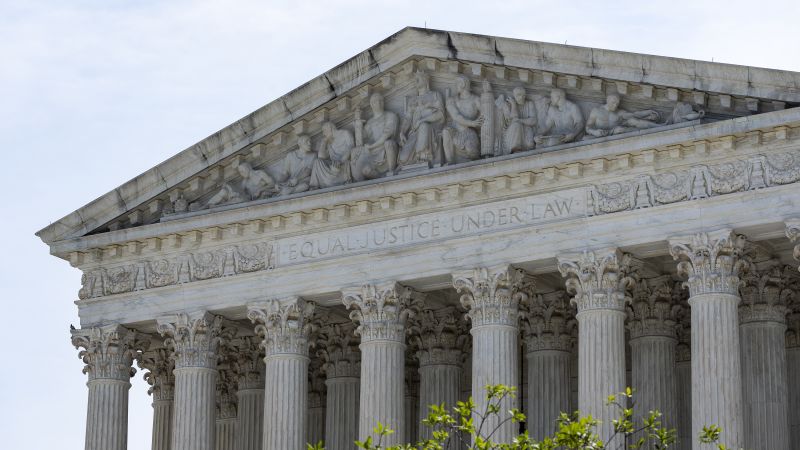In a major decision, the Supreme Court on Friday weakened the power of federal agencies to approve regulations. The 6-3 ruling overturned a precedent from 1984, shifting the balance of power between the executive and judicial branches. This decision is a significant victory for conservatives seeking to rein in the regulatory authority of the “administrative state.”
The lawsuits were brought by two groups of herring fishermen challenging a Commerce Department regulation requiring them to pay the salaries of government observers who monitor their catch. However, the implications of this decision extend far beyond this specific case, affecting various aspects of American life.
The decision overturns the Chevron v. Natural Resources Defense Council precedent, which required courts to defer to federal agencies when interpreting ambiguous laws. Chief Justice John Roberts wrote in the majority opinion, “Courts must exercise their independent judgment in deciding whether an agency has acted within its statutory authority.”
Justice Neil Gorsuch, in a separate opinion, criticized Chevron Deference as “a grave anomaly” that undermines core rule-of-law values. Justice Elena Kagan, writing a dissent, expressed concern that the majority decision gives the court exclusive power over regulatory issues, calling it “a rule of judicial hubris.”
White House press secretary Karine Jean-Pierre described the outcome as “a deeply troubling decision that takes our country backwards,” attributing it to the influence of Republican-backed special interests. Conservatives have long argued for limiting Washington’s control over American industry and individual lives, and this decision marks a significant step in that direction.
The Supreme Court has been gradually decreasing federal power in recent years, with previous rulings against federal agency regulations. The trend continued in 2021 when the court struck down a Biden administration effort to extend an eviction moratorium and last year invalidated a plan to forgive student loans. This decision reflects a broader shift in the court’s approach to federal regulations.











